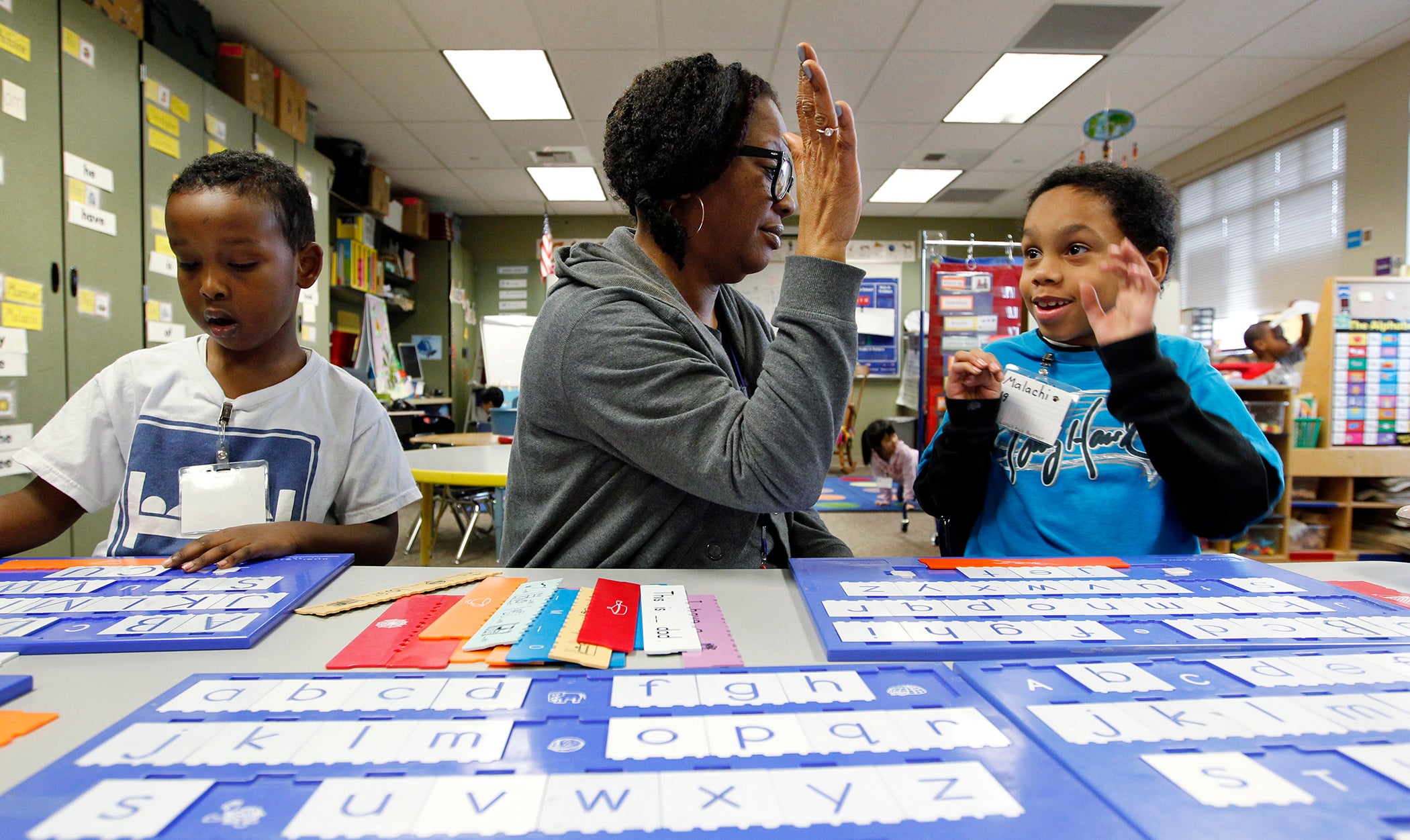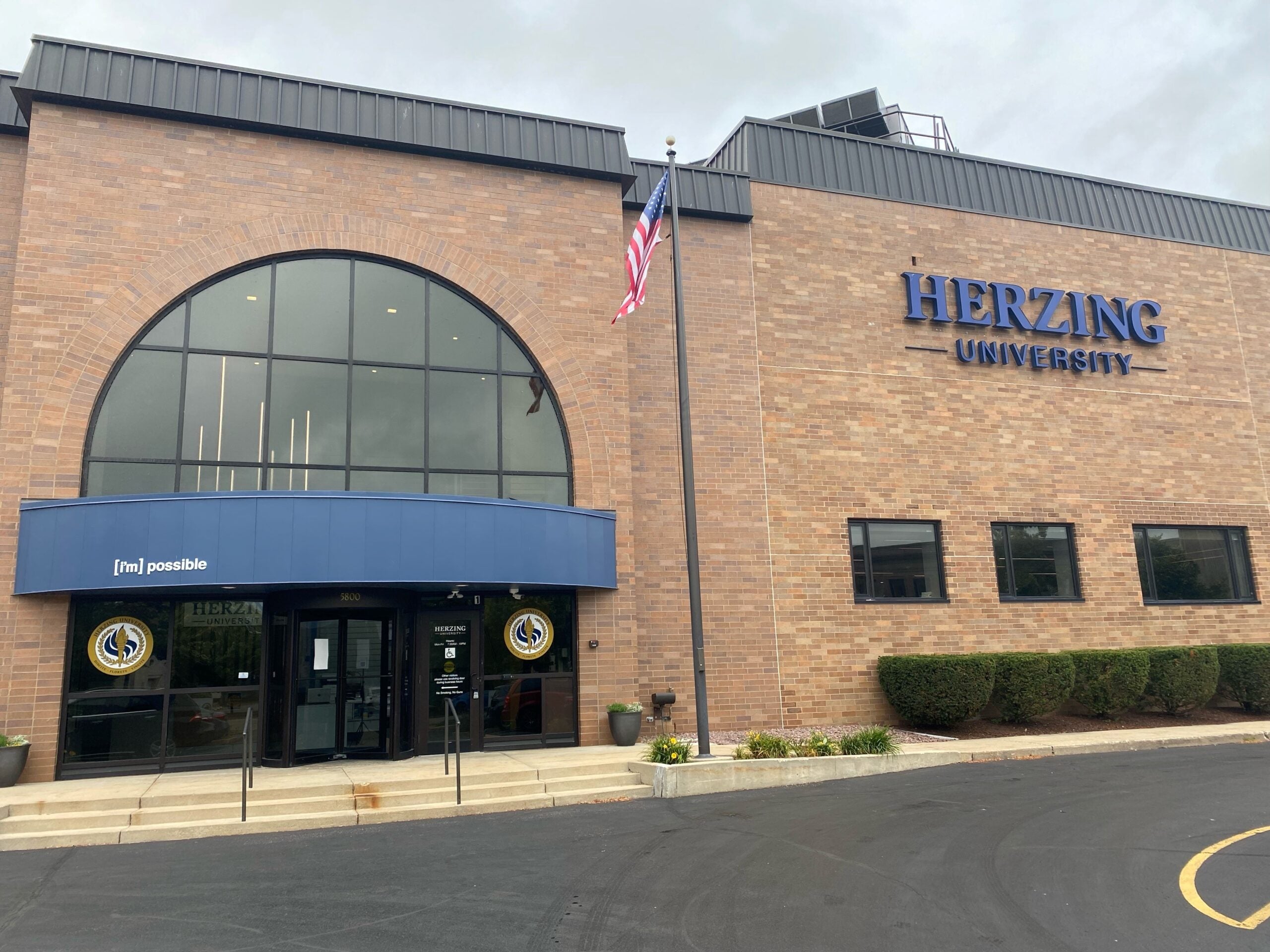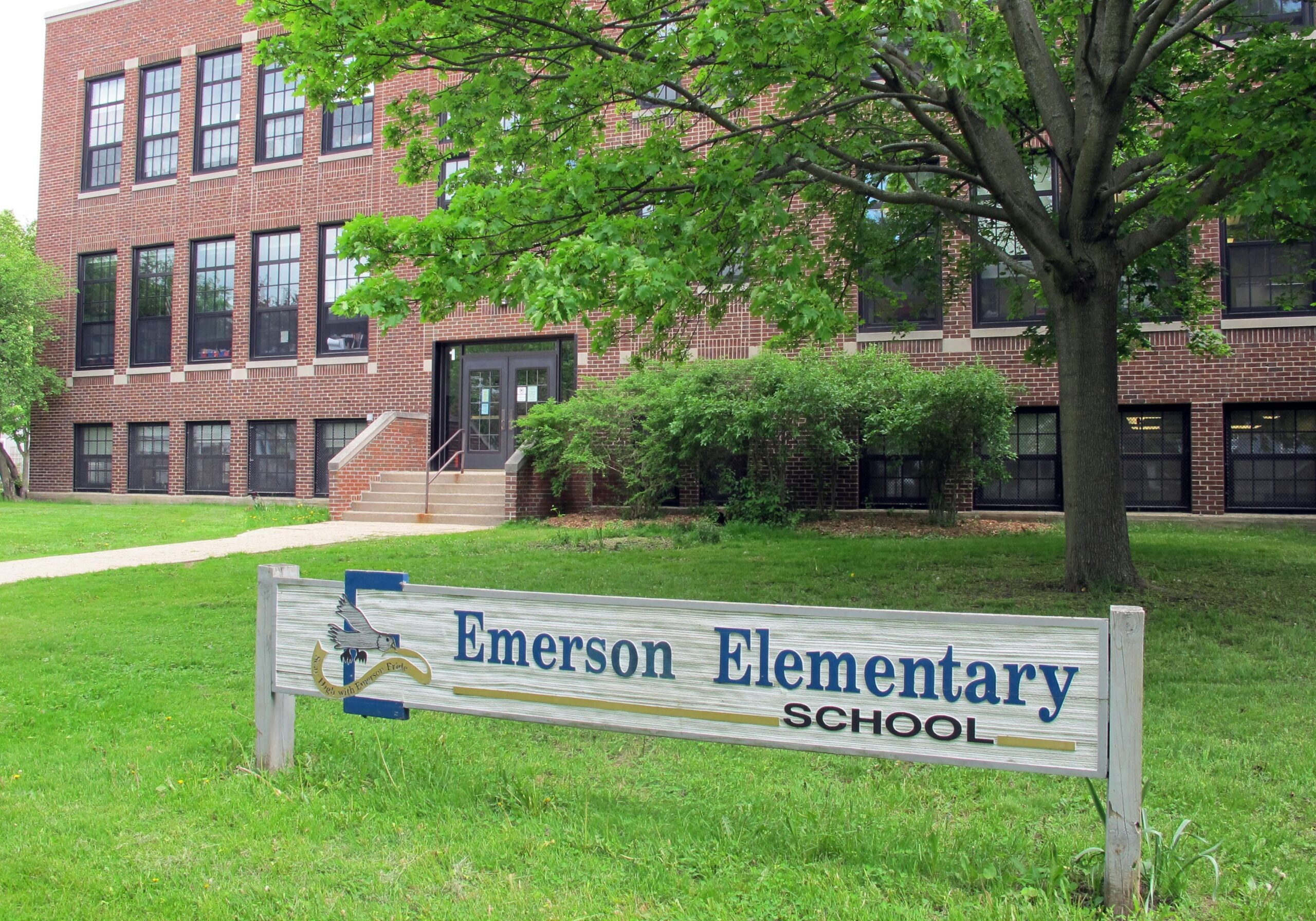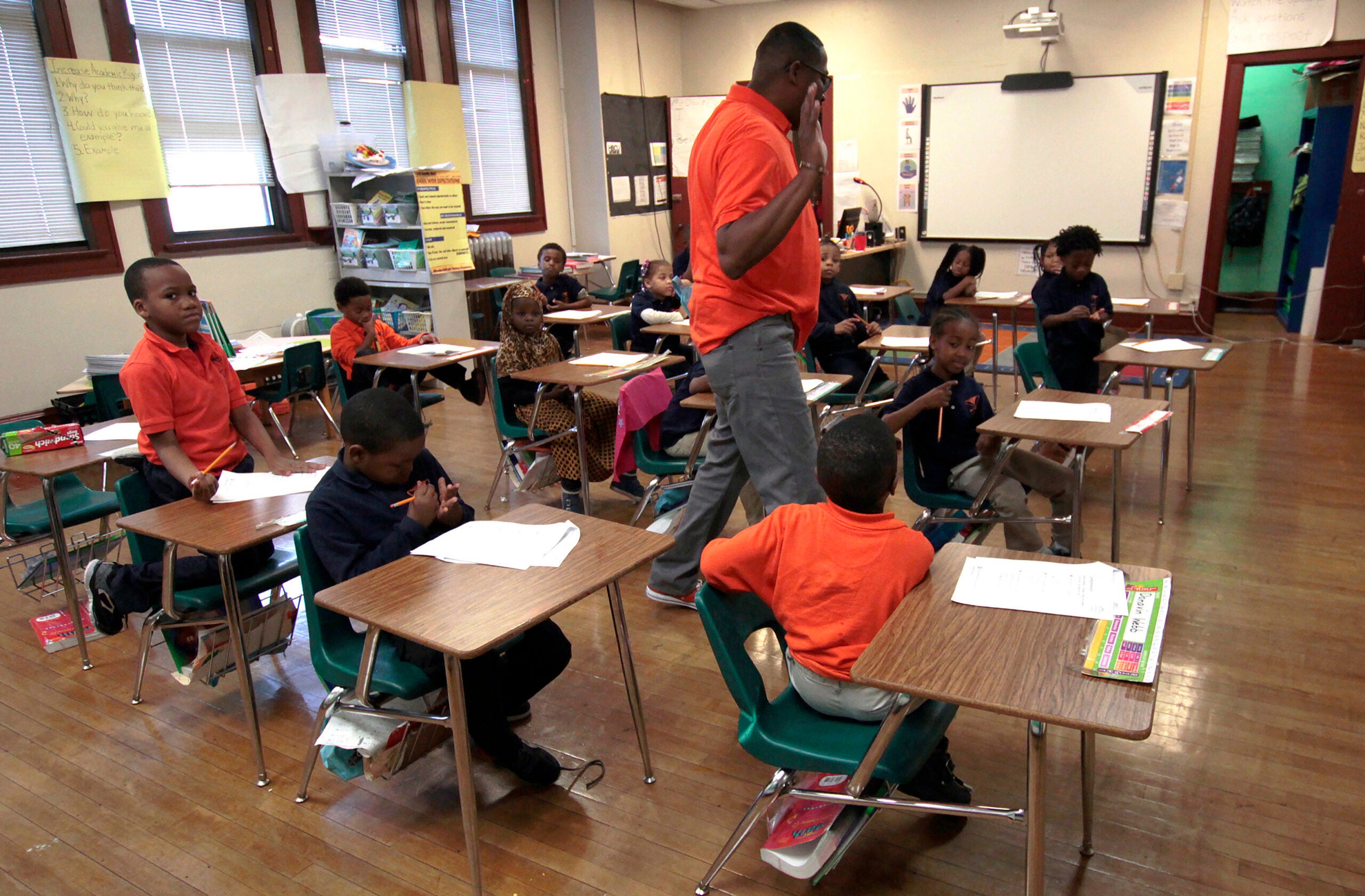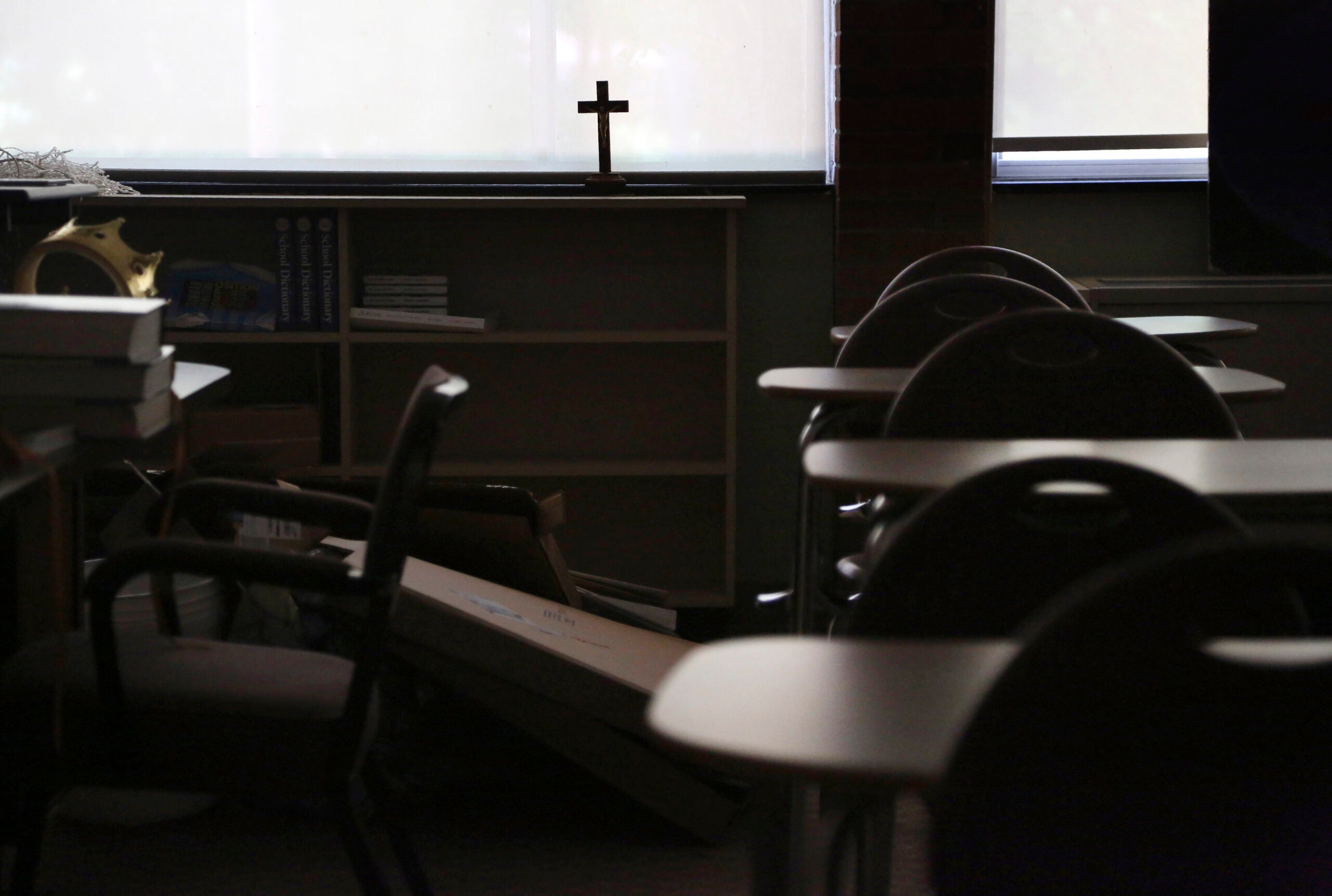Students who graduate from a private high school through Milwaukee’s school voucher program may be less likely to commit crimes later in life, according to a report out this week from the University of Arkansas’s Department of Education Reform.
The study found graduates from the Milwaukee Parental Choice Program were 3 percent less likely to commit a felony, 5 to 7 percent less likely to commit a misdemeanor, and 5 to 12 percent less likely to be accused of a crime.
Having contact with the criminal justice system is a strong indicator of future quality of life, according to Patrick Wolf, one of the study’s authors and the University of Arkansas’s 21st Century Chair in School Choice.
Stay informed on the latest news
Sign up for WPR’s email newsletter.
In his previous studies of the Milwaukee program — the country’s oldest urban school voucher program — Wolf said he did not find conclusive evidence of academic benefits for students using vouchers to enroll in private schools. He has found positive impacts on graduation and college-going rates and college retention for students in the program.
“The effects of private school choice may be stronger in terms of noncognitive outcomes than they are in terms of cognitive outcomes,” he said.
But Alex Molnar, a research professor at the University of Colorado Boulder’s National Education Policy Center, said the criminal activity findings aren’t worth the paper they’re printed on. He pointed to language in the study where the authors admit they cannot prove it was vouchers that caused the difference in criminal behavior.
“’We cannot assume causality regarding the relationship between the voucher program and crime,’” he read. “They can’t, not based on these data. And the reason is, there’s simply too few voucher students to be able to do meaningful statistical analyses.”
The study’s authors go on to say they are comfortable concluding vouchers cause the difference, based on theoretical reasons to believe in certain effects of private school and because of their use of statistical methods to remove bias.
Wisconsin Public Radio, © Copyright 2025, Board of Regents of the University of Wisconsin System and Wisconsin Educational Communications Board.


